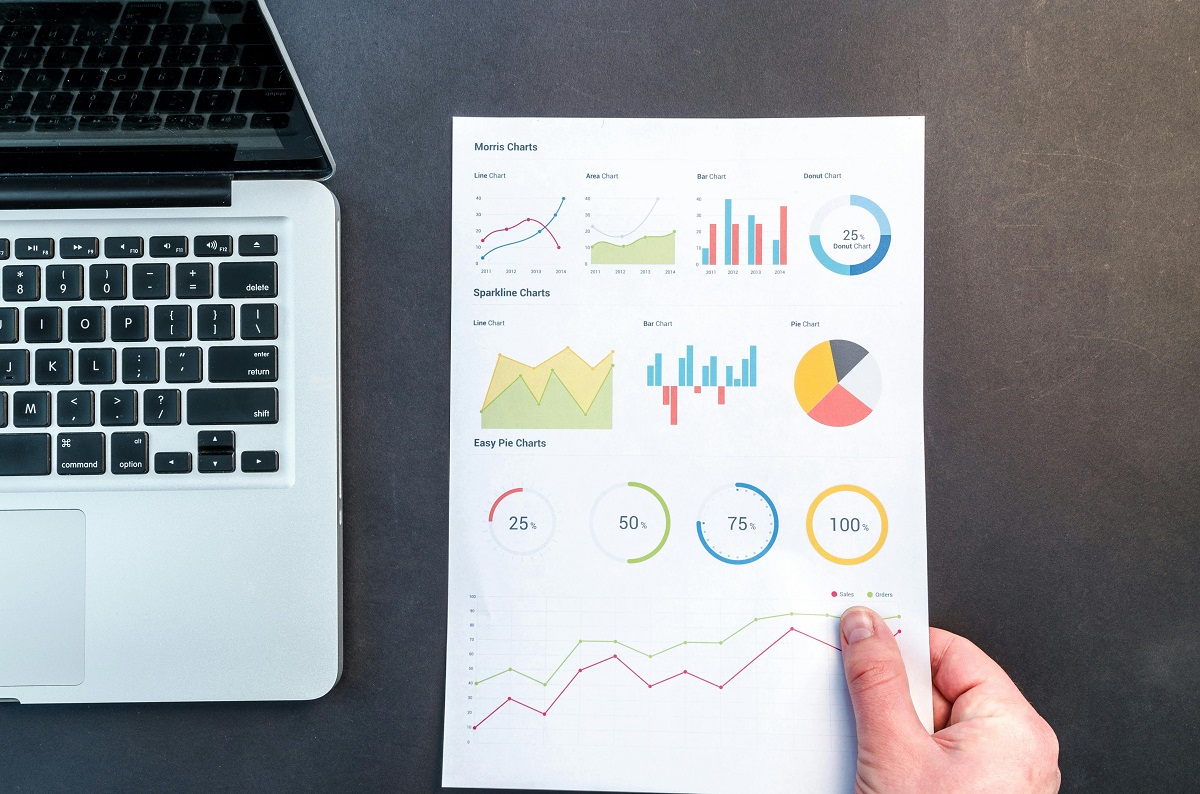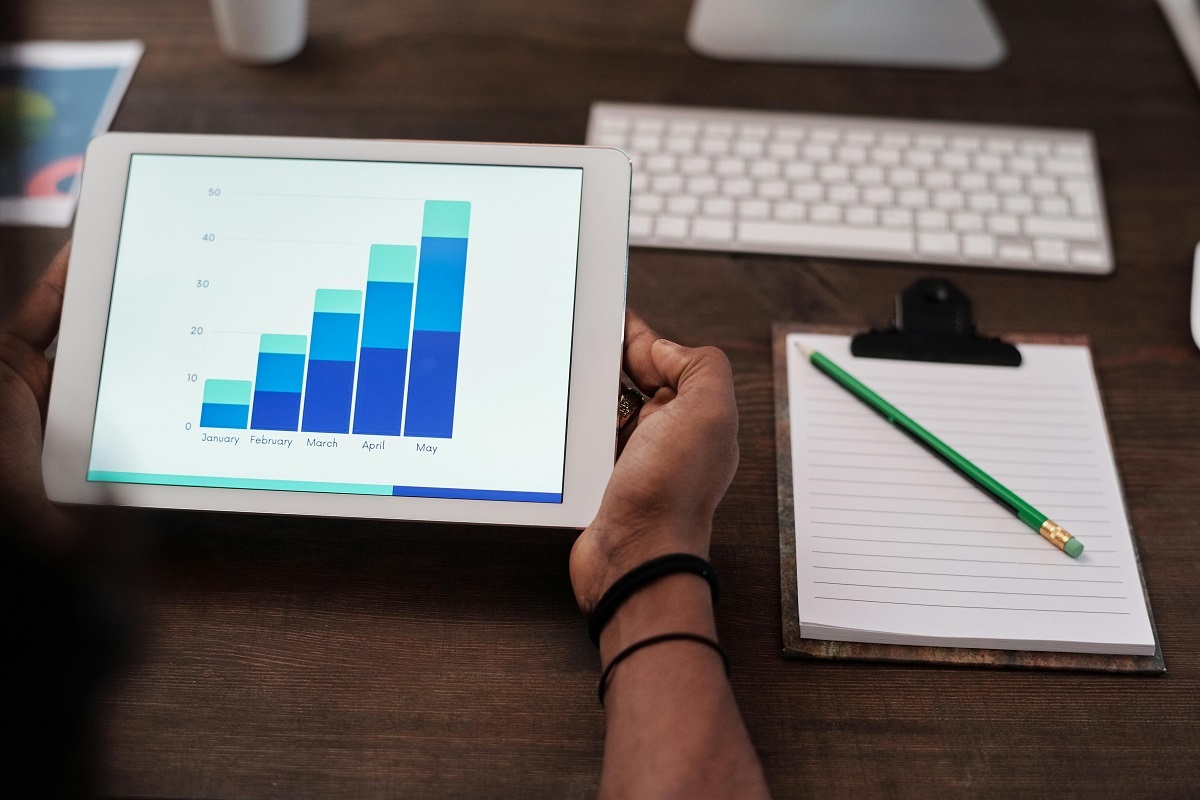Digital Marketing Services
Learn More About Us

Balancing on-site and off-site SEO is crucial for enhancing your website's visibility and search rankingsThe position at which a website appears in the SERP.. On-site SEO concentrates on optimizing components within your site, such as content, keywordsWords or phrases that users type into search engines to find information., and user experience. Off-site SEO, conversely, establishes credibility and authority via top-notch backlinksLinks from other websites pointing to your website, crucial for SEO. and social media presence. You can't disregard either aspect; on-site tactics guarantee relevance and performance, while off-site endeavors enhance authority and reach. To genuinely optimize your site's potential, you'll need to merge both strategies effectively. Want to delve into how to achieve this equilibrium? You're in the right place.
On-page SEO is all about optimizing your website's content and HTML source code to boost search engine rankings. By focusing on content optimizationImproving content to enhance its performance and effectiveness. and keyword optimization, you can directly enhance your site's visibility. This means crafting high-quality content that aligns with user search intentThe purpose behind a user’s search query.—what users are looking for when they type a query into a search engine.
Meta tagsHTML tags that provide information about a web page to search engines and visitors., such as title tags and meta descriptions, play a pivotal role in on-page SEO. They help search engines understand your content and attract users to click on your links. However, it's not just about keywords and tags. User experience is equally important. Core Web Vitals, including page speedThe time it takes for a webpage to load, affecting user experience and conversion rates. and mobile friendliness, are key factors that search engines consider.
Faster loading pages and mobile-friendly designs guarantee that users have a positive experience on your site, which can improve your rankings.
Unlike off-page SEO, which focuses on external factors like backlinks, on-page SEO gives you direct control over these elements. By optimizing your site's content and structure, you make it easier for search engines to index and rank your pages, ultimately driving more organic trafficVisitors who come to a website through unpaid search engine results. to your site.

When exploring off-page SEO, you'll find that building high-quality backlinks is essential for boosting your domain authority.
Social media also plays a significant role in driving traffic and enhancing your online presence.
Additionally, brand mentionsInstances where a brand is mentioned or tagged on social media platforms. can elevate your site's visibility and credibility in search results.
Effective link-building strategies can greatly enhance your site's authority and search engine ranking. In off-page SEO, backlinks act as endorsements from other websites, signaling trustworthiness and relevance.
To begin with, social media marketingThe use of social media platforms to promote products or services, engage with audiences, and build ... is a powerful tool. By promoting your content on platforms like FacebookA social networking site where users can post comments, share photographs, and links to news or othe... and TwitterA microblogging and social networking service where users post and interact with messages known as "..., you can attract attention and generate backlinks naturally.
Brand mentions, even without direct links, are valuable too. They help build citations and create opportunities for acquiring backlinks. Monitoring these mentions and converting them into links can improve your site authority.
Additionally, using Google My Business effectively can greatly boost your local SEOOptimization strategies aimed at improving a website’s visibility in local search results.. It increases your visibility in local searches and makes it easier for customers to find you.
Citations, or mentions of your business name and address on other websites, also play a significant role. They help establish your business's credibility and improve local search rankings.
To conclude, don't underestimate the importance of online reputation managementStrategies used to influence and control a business's online reputation.. Positive reviews and high ratings not only attract potential customers but also contribute to higher search engine rankings. By focusing on these link-building strategies, you'll strengthen your off-page SEO and enhance your site's overall performance.
Building on the importance of link-building strategies, actively participating on social media can significantly boost your off-page SEO by providing valuable backlinks and improving brand visibility. When you utilize various social media platforms, you send strong signals to search engines, indicating that your content is valuable and relevant.
Social media impact as an off-page SEO factor can't be emphasized enough. Here's how an effective social media strategyA plan that outlines the goals, tactics, and metrics for social media marketing efforts. can benefit your SEO:

Recognizing the power of brand mentions can greatly enhance your off-page SEO by establishing credibility and authority for your website. When other sites mention your brand, even without a backlink, it signals to search engines that your brand is being talked about. This can improve your site's ranking and online reputation. Unlinked brand mentions are valuable because they provide opportunities for you to reach out and convert them into backlinks, boosting your off-page SEO even further.
Monitoring brand mentions is vital for maintaining and improving your online reputation. By keeping an eye on what's being said about your brand, you can manage any negative perceptions and engage positively with your audience. This engagement doesn't just improve your brand perceptionHow consumers view and interpret a brand's image and identity. but also increases brand awarenessThe extent to which consumers are familiar with the qualities or image of a particular brand. and visibility.
Brand mentions contribute significantly to your overall engagement strategy. They help you understand how your brand is perceived in the market, giving you insights that can be used to refine your off-page SEO tactics. By acknowledging and leveraging these mentions, you're not just building backlinks but also fostering a stronger, more credible online presence.
When improving your website's on-page SEO, focus on content quality, optimizing meta tags, and internal linking strategies.
High-quality content keeps users engaged and satisfies search intent, while well-crafted meta tags enhance click-through rates.
Effective internal linking helps distribute link equity and improves navigation, boosting your site's overall SEO performance.
Crafting high-quality content is essential for on-page SEO, as it directly impacts user engagementThe level of interaction and involvement users have with social media content. and search engine rankings. When your content is valuable, relevant, and unique, search engines like Google prioritize it, enhancing your visibility. This leads to improved user experience, longer site visits, and an increase in organic traffic.
Meeting search intent with compelling content also boosts click-through rates, making your site more effective overall. By focusing on content quality, you're not just winning over search engines but also creating a better experience for your audience.
Here's why investing in high-quality content is pivotal:

Optimizing meta tags is necessary for enhancing your webpage's visibility and relevance in search engine results. By focusing on meta tags, including title tags and meta descriptions, you can greatly impact your on-page SEO. Title tags are the first thing users and search engines see, so using relevant keywords here is essential. This not only boosts search engine visibility but also attracts organic traffic.
Meta descriptions, on the other hand, serve as a brief summary of your webpage. Crafting compelling descriptions with relevant keywords can improve click-through rates by enticing users to click on your link over others. These descriptions provide search engines with valuable information about your content, helping them understand the context of your page.
When you optimize meta tags effectively, you enhance your webpage's search engine relevance, making it more likely to appear in search results for pertinent queries. This directly contributes to your SEO success by improving your website's performance in search engine result pages (SERPs).
Internal linking strategies play a crucial role in enhancing your website's SEO and user experience. By connecting pages within your site, you help search engines understand your website's structure and hierarchy, distributing page authority and relevance more efficiently. This not only enhances your overall SEO impact but also motivates visitors to explore more content.
To make the most of internal linking, make sure your strategies include:
Several key off-page factors play an important role in improving your site's authority and search engine rankings. Backlinks and social media presence are crucial elements in off-page SEO. Backlinks influence site authority and trustworthiness. Reputable sites linking to your content enhance your site's credibility, making it more trustworthy and relevant in the eyes of search engines.
Your social media presence also impacts off-page SEO by boosting brand visibility and engagement. Active participation on platforms like Facebook, Twitter, and LinkedInA professional networking site used for career and business networking. can drive traffic to your site and generate unlinked brand mentions, serving as valuable citations. These mentions contribute to your site's authority and trust, further enhancing your online presence.
Effective utilization of Google My Business can significantly improve your local SEO strategies. Optimizing your business profile increases visibility in local search results, making it easier for potential customers to discover your business.
Off-page SEO focuses on external efforts such as building relationships and reputation. Creating quality backlinks and improving your social media presence are key components that enhance search engine rankings. By prioritizing these off-page factors, you can elevate your site's credibility, visibility, and overall success in search engine results.

When comparing on-page and off-page SEO, understanding how each uniquely contributes to your site's overall performance and visibility is pivotal.
On-page SEO focuses on optimizing elements within your web page, such as content creation, meta tags, and HTML structure. It's the foundation of your search engine optimization because it directly influences what you rank for in search engine rankings.
Off-page SEO, on the other hand, involves factors outside your web page, like backlinks and social signals, that build your domain authority and trustworthiness. Off-page SEO impacts how high you rank in organic search results and complements your on-page efforts.
Consider the following benefits of each approach:
Achieving a successful SEO strategy requires you to balance both on-site and off-site techniques to maximize your site's visibility and authority. On-site SEO focuses on optimizing elements within your website, such as content, meta tags, and internal links.
Off-site SEO, on the other hand, involves activities outside your site, like building backlinks and boosting your domain authority.
A thorough SEO approach means integrating both on-site and off-site efforts. Ignoring either aspect can limit your site's potential. For instance, even with excellent on-site SEO, a lack of off-site efforts can result in poor search engine rankings.
Conversely, strong off-site SEO without solid on-site foundations can leadA potential customer referred by an affiliate who has shown interest in the product or service but h... to underperformance.
Balancing both approaches enhances your search engine visibility and increases site traffic. By doing so, you'll achieve improved search engine rankings and a stronger online presence.
Remember, search engines consider both on-site and off-site factors when ranking sites. Combining these methods ensures a more robust and efficient SEO strategy, leading to sustained growth and higher domain authority.
The most important factor of off-page SEO is backlinks. They signal your website's authority and trustworthiness to search engines. Focus on acquiring high-quality backlinks to improve your search rankings and enhance your online presence.
Yes, off-page SEO can improve your ranking. By securing quality backlinks, engaging on social media, and leveraging influencer marketingA form of social media marketing that involves endorsements and product placements from influencers...., you'll boost your site's domain authority and visibility on search engines. It's essential for a thorough SEO strategy.
On-page SEO's important because it optimizes your content and HTML, directly enhancing user experience and search visibility. By improving URLs, title tags, and headers, you make your site more relevant and engaging, driving better rankings.
You focus on onsite SEO to improve elements within your site, like content and HTML. Offsite SEO involves activities outside your site, such as building backlinks and social media presence, to increase your domain authority and visibility.
To enhance your website's search rankings, you can't overlook either on-page or off-page SEO. On-page SEO provides you with control over elements like content and meta tags, while off-page SEO entails establishing authority through backlinks and social signals.
Balancing both strategies guarantees a thorough approach. Focus on optimizing your site while also participating in top-notch link-building and social media activities. By combining these efforts, you'll notice improved overall performance and higher search engine rankings.
